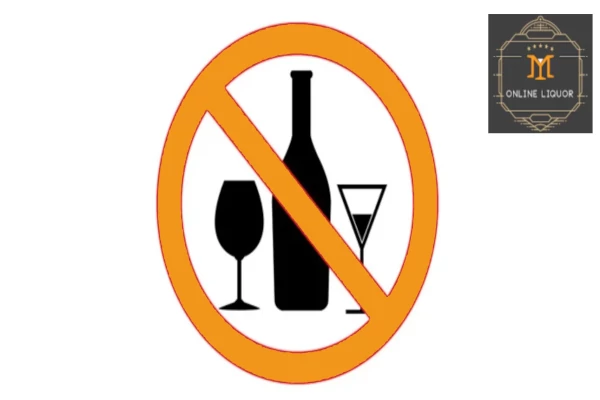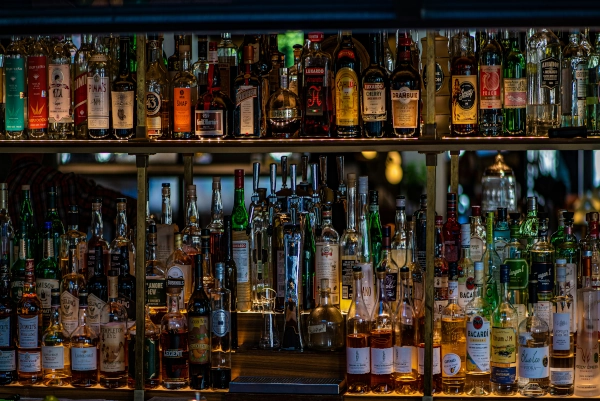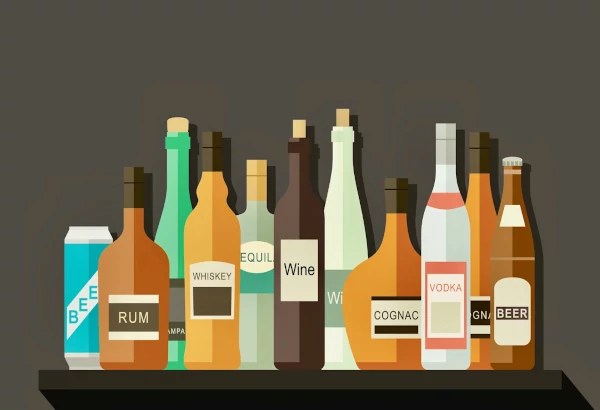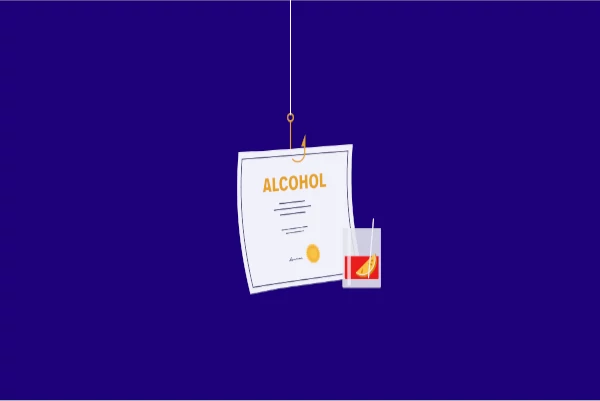
Globalization and the liquor industry : challenges and opportunities
Discuss the effects of globalization on the liquor industry, including market expansion and cultural exchange
Challenges:
1. Regulatory Hurdles: One of the foremost challenges is navigating the complex regulatory landscape across different countries. Each nation has its own set of laws and regulations regarding the production, distribution, sale, and marketing of alcoholic beverages. Complying with these regulations can be costly and time-consuming for liquor companies, especially smaller producers.
2. Cultural Sensitivities: Cultural attitudes towards alcohol vary widely across regions. Some societies have strict regulations or social taboos surrounding alcohol consumption, which can pose challenges for liquor companies trying to enter these markets. Adapting products and marketing strategies to align with local customs and sensitivities is essential but can be challenging.
3. Tariffs and Trade Barriers: Globalization has facilitated trade between countries, but tariffs and trade barriers still exist, hindering the free flow of liquor products across borders. Trade disputes, changes in tariffs, and geopolitical tensions can disrupt supply chains and increase costs for liquor companies engaged in international trade.
4. Competition from Local Producers: As global brands expand into new markets, they often face stiff competition from local producers who have a deep understanding of local preferences and may offer similar products at lower prices. Building brand recognition and loyalty in these competitive environments can be challenging for multinational liquor companies.
5. Health and Social Concerns: Globalization has raised concerns about the public health and social implications of increased access to alcohol. This includes issues such as alcohol-related health problems, abuse, and addiction, which governments and health organizations must address through regulation and public awareness campaigns.
Opportunities:
1. Market Expansion: Globalization has opened up new markets for the liquor industry, enabling companies to reach consumers in regions they may not have previously accessed. Emerging economies with growing middle-class populations present lucrative opportunities for liquor sales, driving market expansion and revenue growth.
2. Cultural Exchange: Globalization facilitates the exchange of cultural practices and preferences related to drinking. Consumers are increasingly interested in exploring diverse and authentic experiences, leading to a growing demand for specialty and artisanal liquors that reflect unique regional traditions and flavors.
3. Brand Building and Differentiation: Globalization provides liquor companies with a platform to showcase their brands on a global scale. Effective branding and marketing campaigns can help companies differentiate themselves from competitors, build brand loyalty, and resonate with consumers across diverse cultural backgrounds.
4. Supply Chain Optimization: Globalization allows liquor companies to optimize their supply chains by sourcing ingredients and production processes from different regions to reduce costs and improve efficiency. Access to a global network of suppliers and distributors enables companies to streamline operations and respond quickly to market demands.
In conclusion, while globalization presents various challenges for the liquor industry, such as regulatory hurdles and cultural sensitivities, it also offers significant opportunities for market expansion, cultural exchange, and brand building. Success in navigating the complexities of global markets requires liquor companies to adapt their strategies, innovate, and build strong partnerships across borders.
How to get drinking liquor license : Click Here to Apply Now









